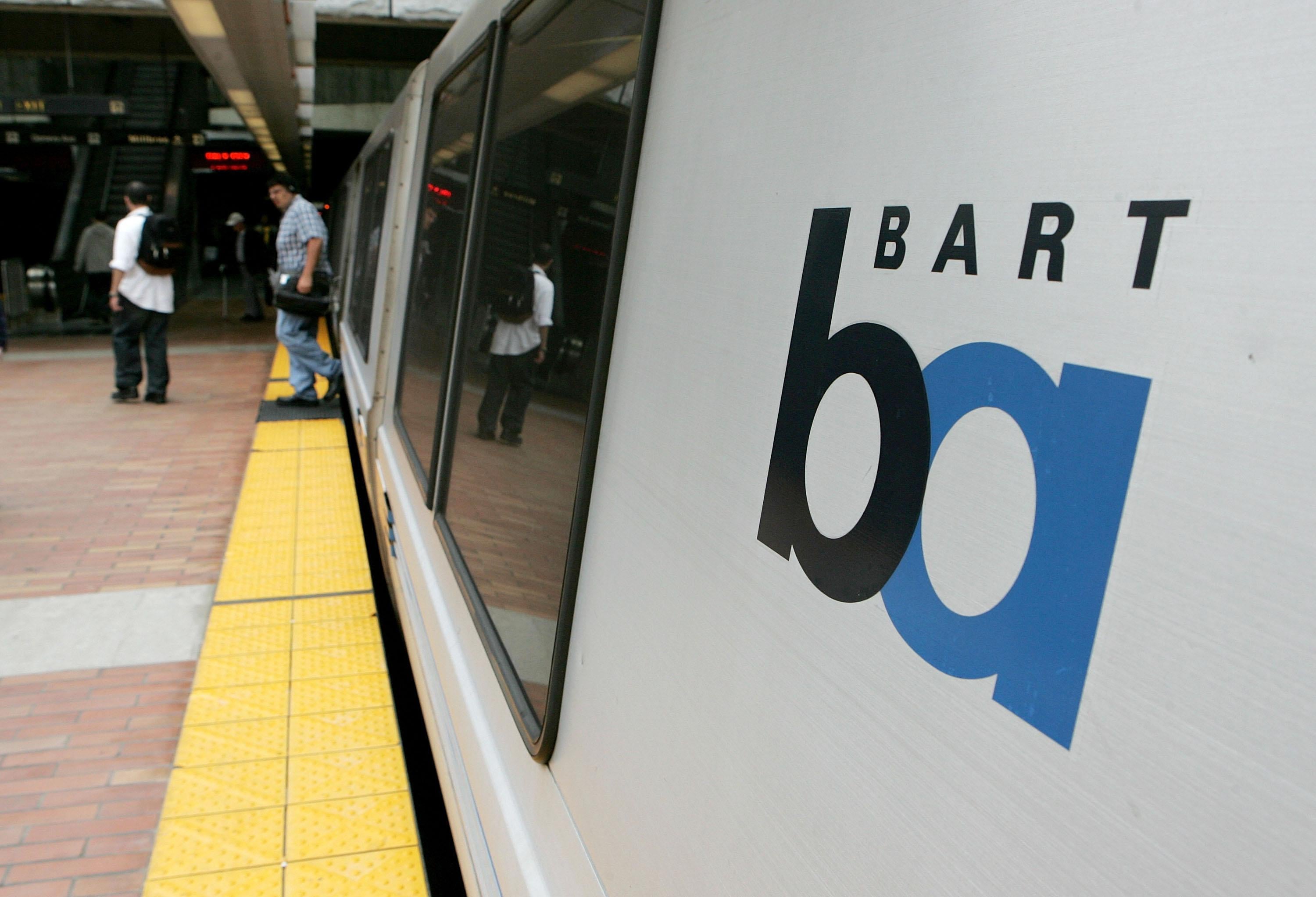The recent strike of Bay Area Rapid Transit workers looking for a raise has prompted a fascinating window in the (often-dark) souls of privileged Bay Area high-tech workers. That, in turn, has prompted an outpouring of self-righteousness from East Coast writer types about the evils of the privileged Bay Area high-tech workers. But at the end of the day, a strike at BART or any other mass-transit agency isn’t about privileged high-tech workers it’s about the mass-transit system.
And here’s how I think you should think about these cases. Imagine that you woke up one fine morning to find yourself as the head of your metro area’s mass-transit agency. You’re a bit confused, and then when you get to the office something even more confusing happens. Your assistant tells you that the agency’s accountants have discovered a ton of extra money that was just randomly lying around in the broom closet. You need to decide what to do with it. Do you:
1. Pay your existing staff more?
2. Cut fares?
3. Hire more staff?
I am not intimately familiar with the BART situation, so I’ll talk instead about WMATA and the region where I live. Any one of these three options would be good for a class of people who, relatively speaking, are underprivileged relative to the rich lobbyists and such who people think of when they think of a DC area person who they hate. But compared to the third option, I think the first option looks pretty bad. Option three would reduce unemployment in the area, which though low overall is still quite high among people with no bachelor’s degrees. Option three would also be a boon to people who rely on mass transit to get to work. Especially to people who rely on bus service, and especially to the overwhelmingly working class population of people who don’t work a 9-5 schedule.
Option two is also very much worth considering, as a fare cut can be a powerful tool for bolstering real living standards of transit users. That said, both Metrorail and many of the city’s main bus lines run at very close to maximum capacity at key times. Cutting off-peak fares is a good idea. But I suspect that in many cases off-peak transit users are more in need of better service than of lower fares.
Obviously option one isn’t always the wrong choice. Maybe the unemployment rate in your city is already very low and maybe the objective transit needs of your city are quite modest. Trying to expand the Midland-Odessa EZ Rider, for example, doesn’t strike me as a very compelling proposition. Giving the hard-working bus drivers a raise would be great. But if your city does have unemployed workers and mass transit needs, then hiring even more hard-working bus drivers so that hard-working nurses and waitresses can get to work more easily seems like the better idea. Whatever annoying things the local rich people may say, the cost of plowing money into higher salaries rather than improved services aren’t borne by rich people—they’re borne by transit riders and people who’d like to get hired as bus drivers.
